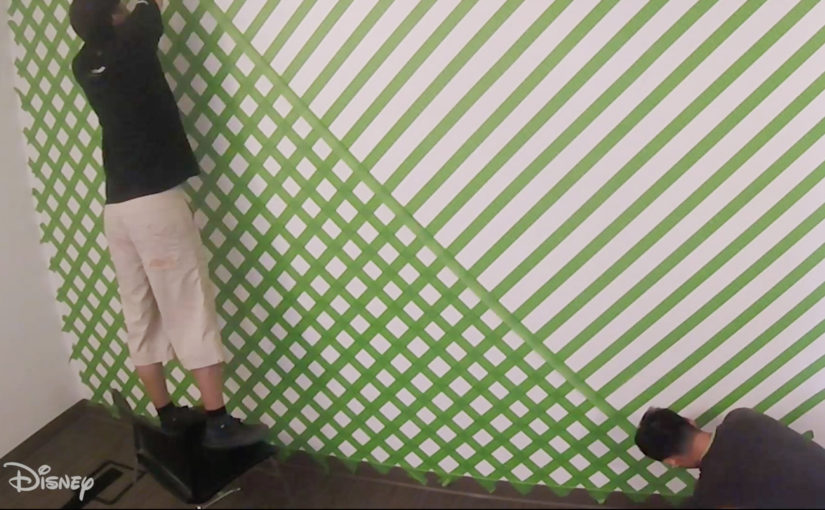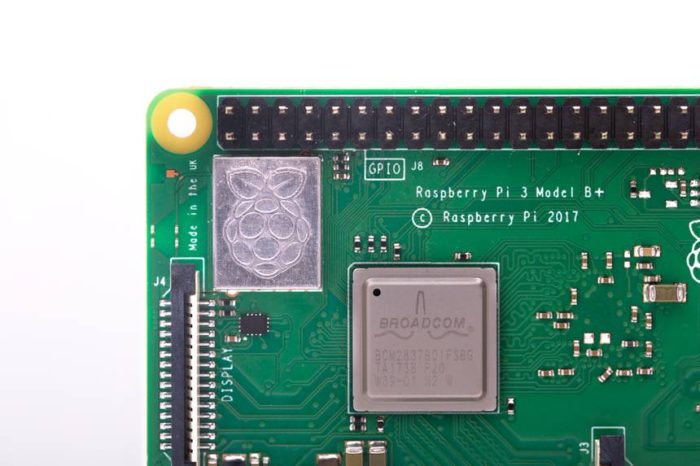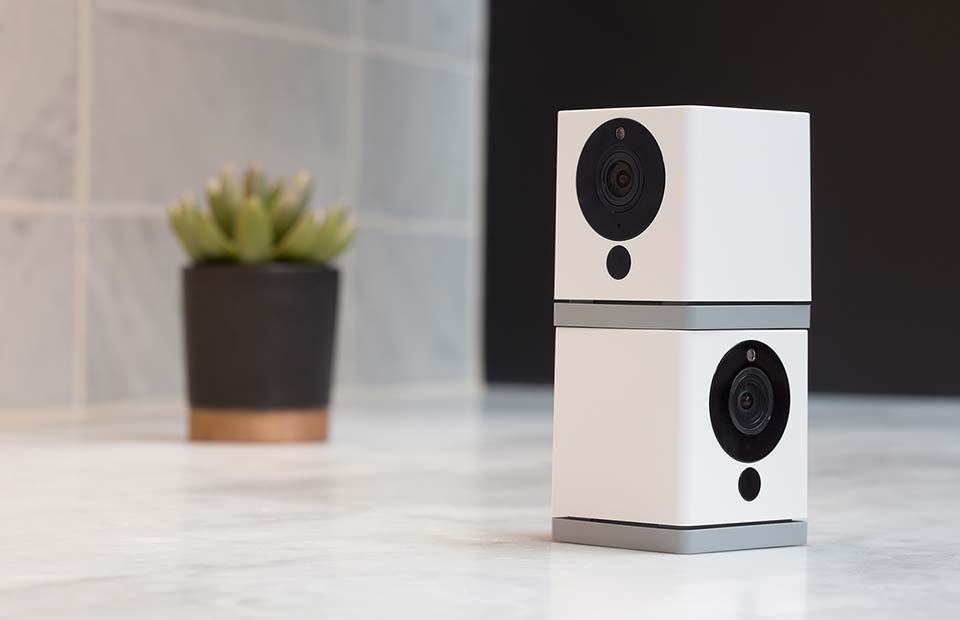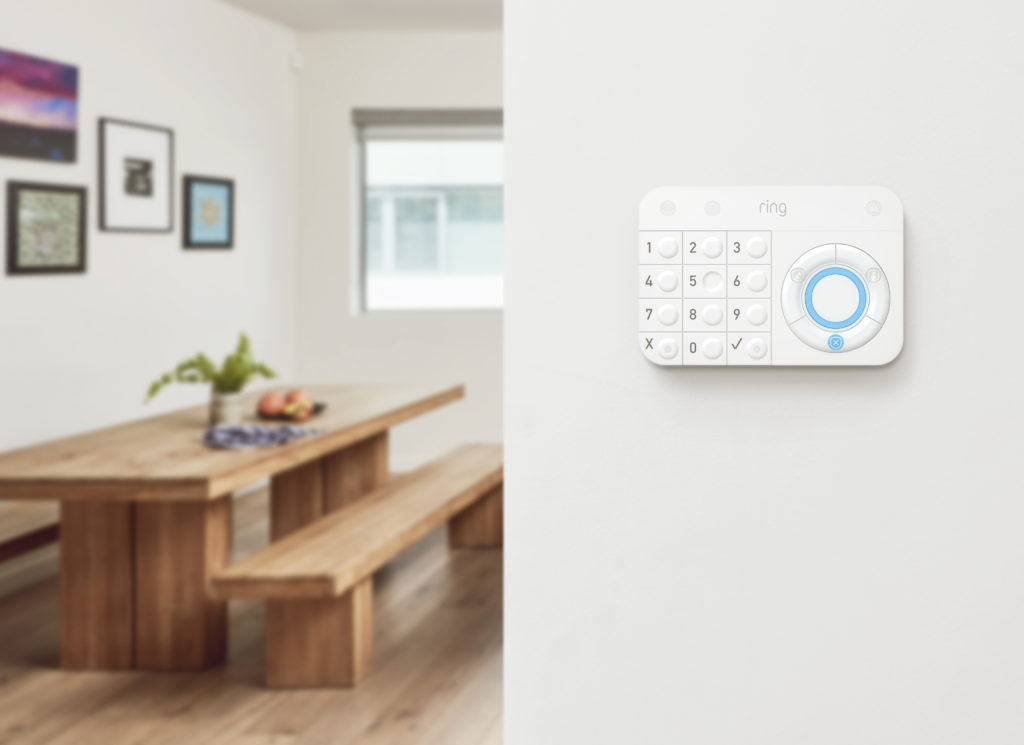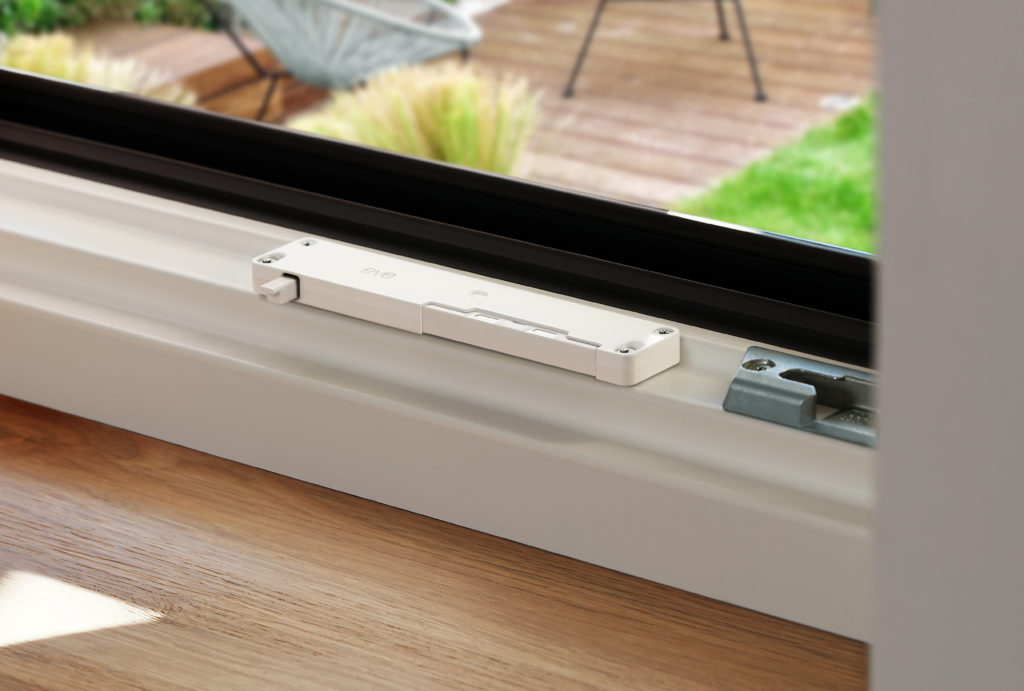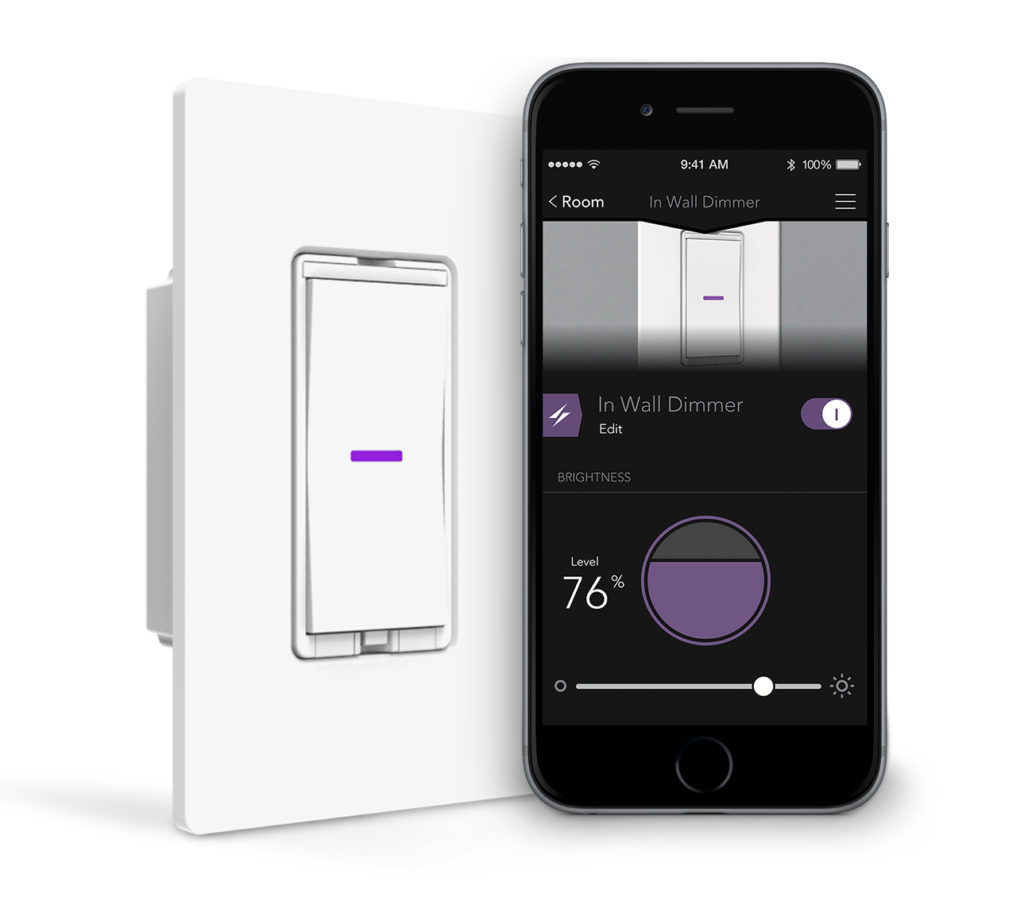This week Kevin and I decided to do something a bit unusual, turning our segment where we answer listener’s questions into the entire show. You guys have been sending a lot of interesting questions to the Schlage IoT Podcast Listener Hotline, and we hated to leave so many unanswered, so we combined a slow holiday news week with some Q&A. Remember, if you have a question, give us a call at 512.623.7424.

We tackle issues such as insurance discounts for smart home gear, local hubs and the best skills for Alexa in a classroom setting. We failed to find a perfect USB cable for someone, but did locate a smoke detector that will work with SmartThings for a Canadian listener. We also dug into details on several home hubs for listeners debating Home Assistant, Home Bridge, Open HAB, SmartThings and Wink. We hope you enjoy the show and keep those questions coming. Next week, we’ll be back to the usual format.
Hosts: Kevin Tofel and Stacey Higginbotham
Sponsors: Control4 and Schlage
- When will my insurer give me a discount on my smart home?
- A question about smart locks
- Which home hub is best for first timers?
- These five Alexa skills are good for education
Podcast: Play in new window | Download | Embed
Subscribe: RSS

